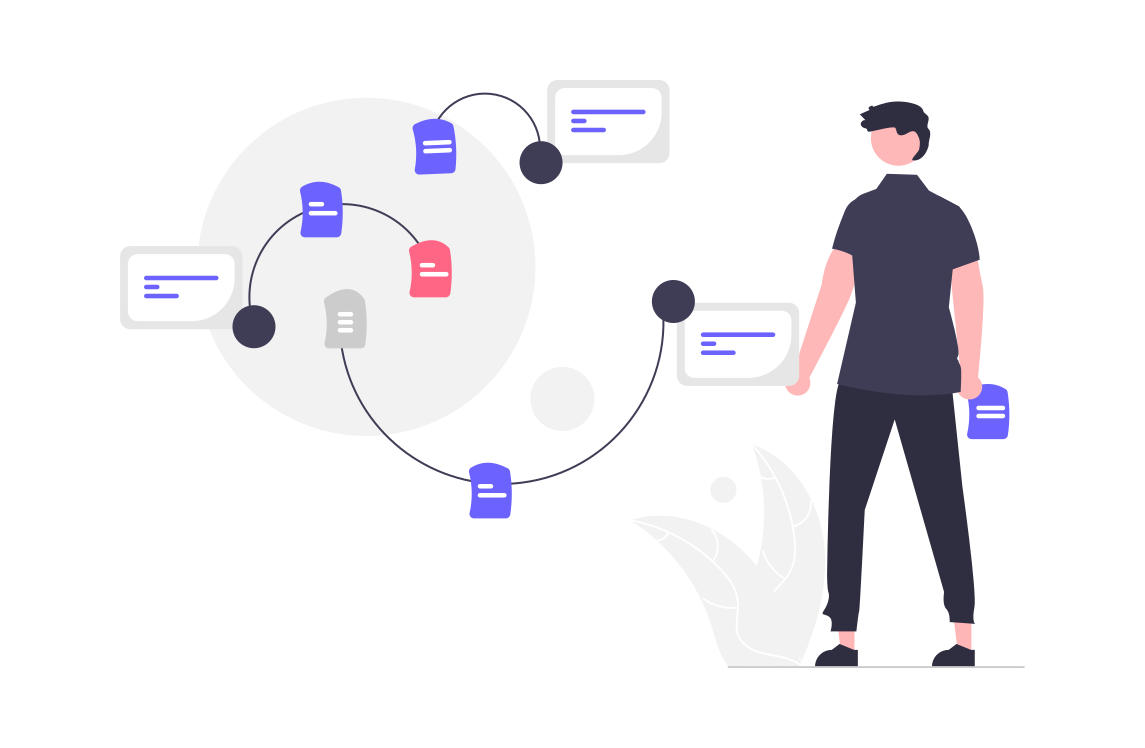In the realm of modern marketing, segmentation is a cornerstone strategy that allows businesses to target their audience with precision. While demographic and technographic segmentations are commonly employed, psychographic segmentation offers a deeper, more nuanced approach. By understanding the psychological attributes of your audience, you can craft marketing messages that truly resonate. This blog post will explore the fundamentals of psychographic segmentation, its core components, and its transformative potential for your marketing efforts.
A Closer Look at Psychographic Segmentation
Psychographic segmentation delves into the psychological aspects of consumers, focusing on their attitudes, values, interests, and lifestyles. Unlike demographic segmentation, which categorizes people based on quantifiable factors like age or income, psychographic segmentation seeks to understand the underlying motivations that drive consumer behavior.
The Essence of Psychographic Data
-
Attitudes and Beliefs: This involves understanding the opinions and convictions that shape consumer behavior. For instance, attitudes towards sustainability can influence purchasing decisions.
-
Values and Principles: These are the core beliefs that guide individuals' actions and decisions. Knowing your audience’s values can help tailor messages that align with their worldview.
-
Interests and Activities: Identifying hobbies, pastimes, and interests helps in creating relevant content that engages your audience on a personal level.
-
Lifestyle and Behavior: This encompasses the daily habits, routines, and overall lifestyle of your audience. By understanding their behavior patterns, you can better predict their needs and preferences.
Steps to Implement Psychographic Segmentation
-
Research and Data Gathering: Collect data through surveys, interviews, and social media analytics to gain insights into the psychological attributes of your audience.
-
Data Analysis: Analyze the data to identify patterns and common themes that can be used to create psychographic profiles.
-
Profile Creation: Develop detailed psychographic profiles or personas that encapsulate the key psychological traits of your audience segments.
-
Tailored Marketing Strategies: Design marketing campaigns that speak directly to the psychographic profiles you have developed. Customize your messaging, visuals, and channels to align with the psychological traits of each segment.
-
Ongoing Assessment: Continuously monitor and refine your psychographic segments based on new data and evolving consumer behaviors.
The Strategic Advantage of Psychographic Segmentation
By tapping into the psychological fabric of your audience, psychographic segmentation offers several strategic advantages:
-
Enhanced Emotional Connection: Tailoring your marketing messages to resonate with the values and beliefs of your audience fosters a stronger emotional connection.
-
Improved Customer Loyalty: When consumers feel understood and valued, they are more likely to develop loyalty to your brand.
-
Higher Engagement Rates: Content that aligns with the interests and lifestyles of your audience is more likely to capture their attention and drive engagement.
-
Increased Conversion Rates: Personalized marketing efforts that appeal to the psychological motivations of consumers can lead to higher conversion rates.
Conclusion: Embracing Psychographic Insights
Incorporating psychographic segmentation into your marketing strategy allows you to move beyond surface-level targeting and engage your audience on a deeper, more meaningful level. By understanding and addressing the psychological factors that influence consumer behavior, you can create more impactful and resonant marketing campaigns. As the marketing landscape continues to evolve, leveraging psychographic insights will be crucial in achieving long-term success and building lasting customer relationships.


